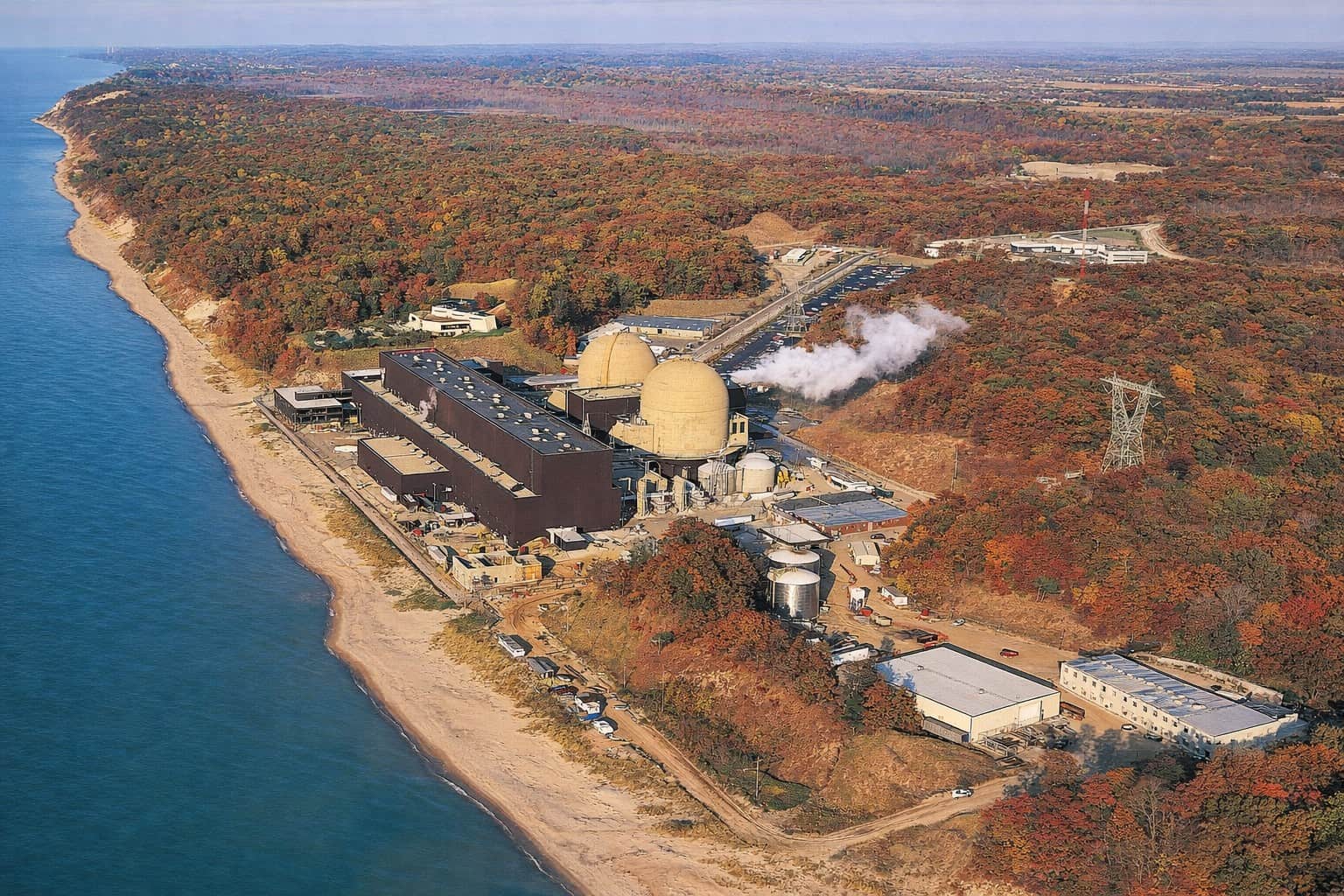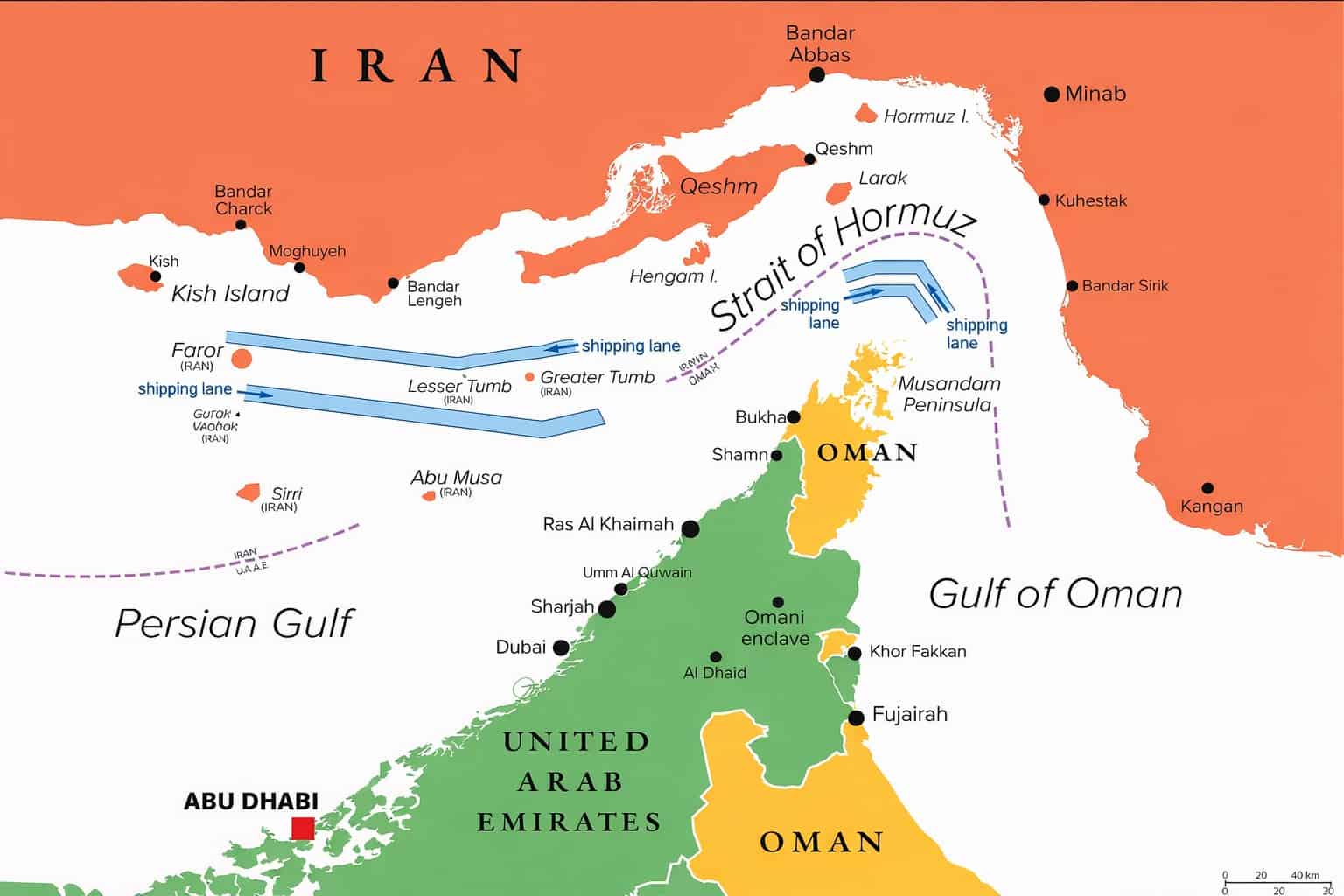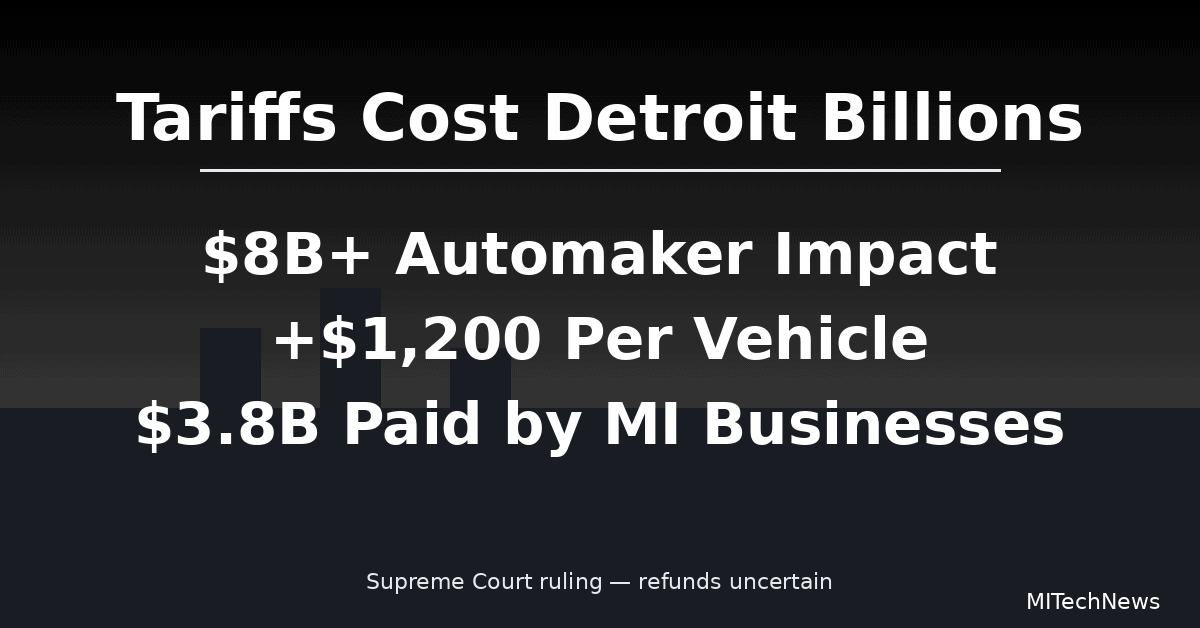ANN ARBOR – Merit Network received a $997,000 grant from the U.S. Department of Agriculture to develop connectivity and a digital equity strategy to promote the expansion of high-speed internet in underserved rural Michigan communities.
Under the Broadband Technical Assistance Program, USDA is providing $9.7 million to help 24 organizations deliver or receive technical assistance to expand high-speed internet access for people in rural and Tribal communities across 17 states. This funding will also develop and expand broadband cooperatives in rural areas.
“This grant provides a wonderful opportunity to help Michigan communities get on the right track to achieving broadband internet service and digital inclusion that improves quality of life and allows people to live, work, play and stay in the places they call home,” said Roger Blake President and CEO, Merit Network.
This project leverages the Digital Opportunities Compass framework to develop a community driven digital equity plan inclusive of infrastructure planning. This project includes several communities across eight rural communities of Michigan. Merit targeted communities that aligned with the funding opportunity best and also represented a need for additional resources targeted towards broadband expansion and digital equity planning.
The Compass was developed by academic researchers from the Quello Center at Michigan State University, Merit Network, the National Digital Inclusion Alliance, and the Digital Equity Research Center. The work supported through USDA can include survey activities, educational programs, community planning facilitation, digital skills programming, and infrastructure planning and funding activities. This is an opportunity to expand previously piloted works following the launch of the Digital Opportunities Compass last year, an effort driven by the research division at Merit Network.
According to Charlotte Bewersdorff, Merit VP of Community Engagement: “This compass framework acts as a vehicle for community engagement and planning that results in knowledgeable local resources poised to take action with the backing of leadership, community organizations and others. The teams that support this work are both DE experts, researchers and practitioners of broadband expansion efforts. Our goal is to serve as an unbiased resource in facilitating multi-stakeholder digital equity planning at the local level.”
This strategic approach aligns with the long-term goals of the Michigan Moonshot program, which aims to ensure sustainable and comprehensive digital equity across Michigan.
For more information: http://www.merit.edu.






